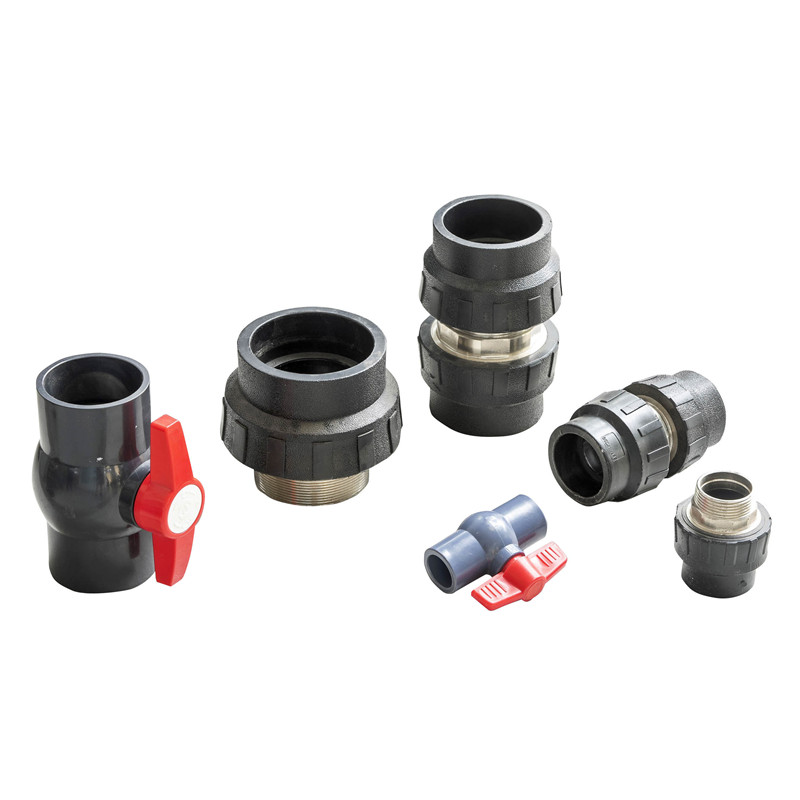Aug . 09, 2024 03:50 Back to list
High-Quality Flexible PVC Hose Pipe for Various Applications and Efficient Fluid Transport Solutions
The Versatility and Utility of PVC Hose Pipes
Polyvinyl Chloride (PVC) hose pipes are an essential component in various industries due to their versatility, durability, and cost-effectiveness. These hoses are widely used in agricultural, construction, industrial, and domestic applications, offering a reliable solution for transporting fluids and gases.
One of the key advantages of PVC hose pipes is their lightweight nature, which makes them easy to handle and maneuver. Unlike rubber or metal hoses, PVC hoses are flexible yet strong, allowing for easy bending and twisting without compromising their integrity. This flexibility is particularly beneficial in agricultural settings, where hoses must often navigate around obstacles while delivering water or other liquids to crops.
The Versatility and Utility of PVC Hose Pipes
In addition to their physical properties, PVC hose pipes are also easy to manufacture and customize. They can be produced in various diameters and lengths, catering to the specific needs of a project. Moreover, different formulations of PVC can be utilized to enhance certain characteristics, such as increased flexibility or improved chemical resistance. This adaptability allows for a broad spectrum of industries to benefit from the use of PVC hose pipes.
pvc hose pipe

The hygienic properties of PVC are another critical factor contributing to its popularity. Because PVC is non-toxic and resistant to bacteria growth, it is widely used in applications involving potable water. The food and beverage industry relies heavily on PVC hoses for transporting liquids, ensuring safety and compliance with health regulations. Additionally, these hoses are easy to clean and maintain, making them suitable for repeated use in environments where hygiene is paramount.
However, it's important to consider the environmental implications of PVC materials. The production and disposal of PVC have raised concerns regarding their impact on the environment. Fortunately, many manufacturers are now adopting eco-friendly practices, such as producing recyclable PVC hoses and implementing sustainable manufacturing processes. Increasing awareness and demand for environmentally friendly products are driving innovation in the industry, leading to more sustainable options.
When selecting PVC hose pipes, it's essential to consider factors such as the intended application, pressure requirements, and the type of fluids being transported. For instance, high-pressure applications may require reinforced hoses to prevent bursting, while hoses used in chemical processing must be resistant to specific compounds. Understanding these requirements ensures that the selected hose will perform effectively and safely.
In conclusion, PVC hose pipes play a vital role in various sectors due to their versatility, durability, and cost-effectiveness. Their lightweight and flexible nature, combined with excellent resistance to weathering and corrosion, make them ideal for transporting fluids in diverse environments. As manufacturers continue to innovate and address environmental concerns, the future of PVC hoses looks promising, ensuring that they will remain an invaluable asset in our daily lives and industries for years to come.
-
HDPE Natural Sheet: Durable, Food-Grade & Versatile Plastic Solutions
NewsAug.27,2025
-
Durable Glossy PVC Rigid Sheet | Premium High-Shine Panels
NewsAug.26,2025
-
Durable PP Rigid Sheet: Lightweight, Chemical Resistant Solutions
NewsAug.21,2025
-
PVC Grey Sheet for Extraction: Chemical Resistant & Durable
NewsAug.19,2025
-
Durable PVC Pipe Fittings for Plumbing & Irrigation Needs
NewsAug.18,2025
-
HDPE Steel Belt Reinforced Spiral Corrugated Pipe | High Strength
NewsAug.17,2025

